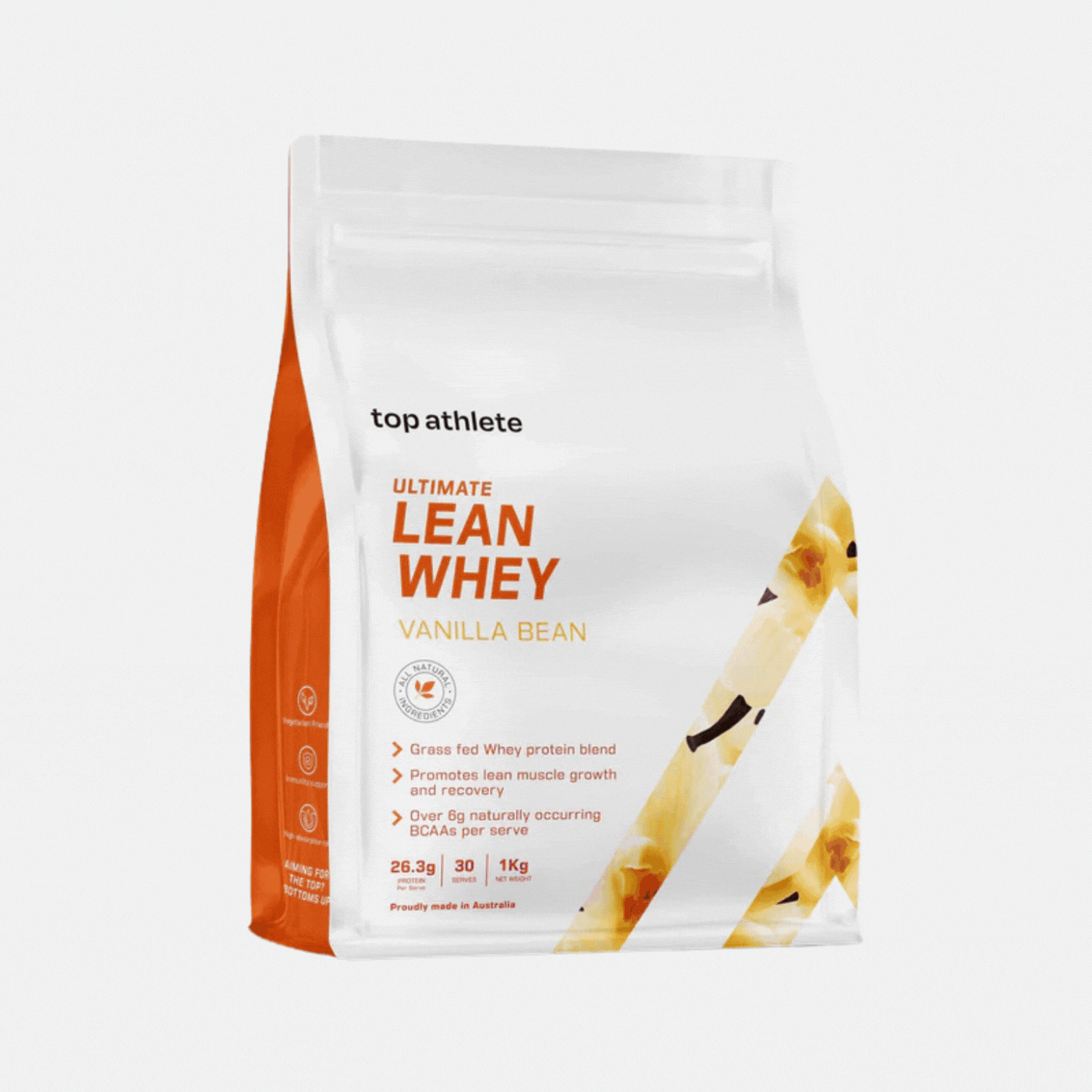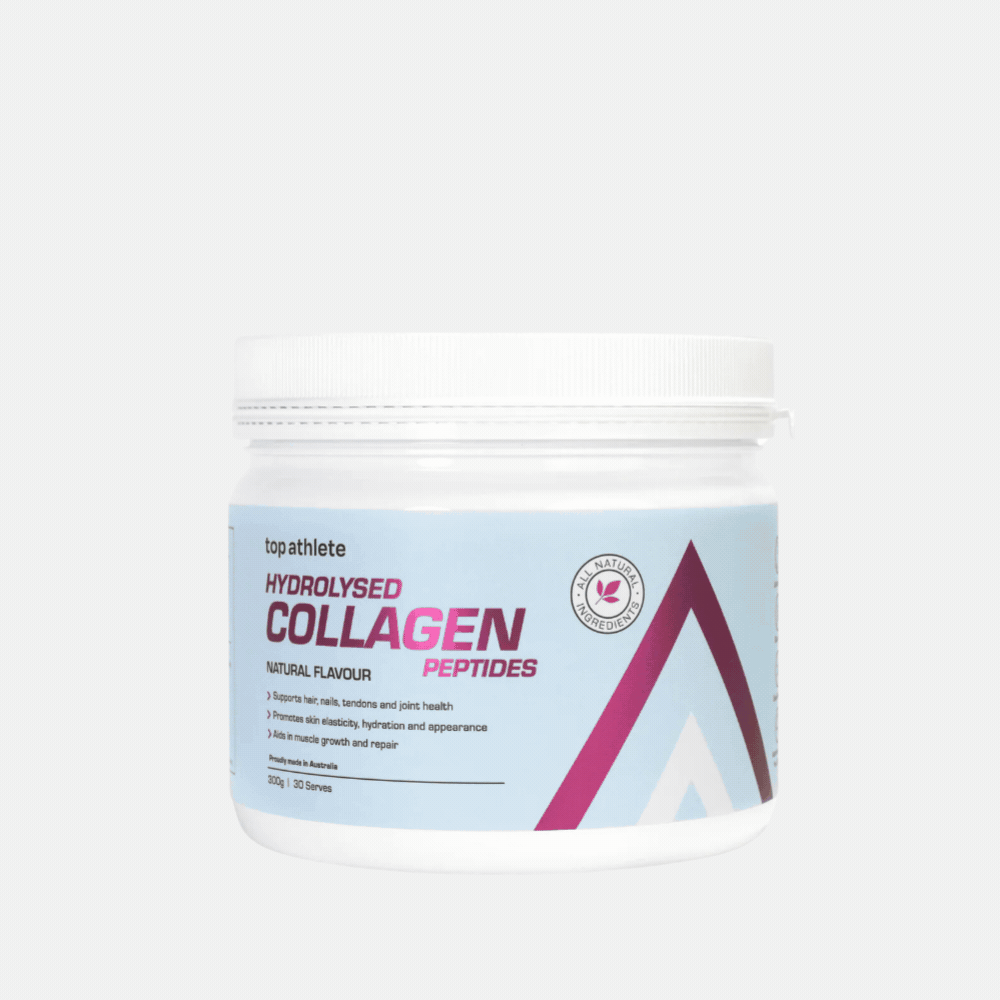Creatine is proven to enhance endurance, aid muscle building, and support longer, more intensive exercise. Many athletes use creatine to improve cognitive function, aid muscle recovery, and increase strength among other things.
The number onemost recommended creatinetype for athletes, bodybuilders, and muscle enthusiasts iscreatine monohydrate. This organic compound is more well-studied and researched than any other creatine variant, available in pure form, and highly affordable. At Top Athlete, our creatine is 100% natural, with no artificial flavours, sweeteners, or unwanted additives.
What Makes Creapure Creatine the Best Choice in Australia?
Available only from its manufacturer, AlzChemAG, in Germany, Creapure creatine is a highly desired and highly effective form of creatine. With a 99.99% purity level compared with just 98-99% for regular creatine, it’s the most trusted, rigorously tested, premium muscle-building organic compound available in the world.
Creapure creatine provides every benefit of othercreatine monohydrateproducts, and a little bit more. Thanks to its increased purity, Creapurecreatine powderis easier to digest and delivers a noticeable boost to performance. 100% pharmaceutical grade, non-GMO derived, vegan friendly and halal and kosher certified, there’s nothing better when it comes to quality. At Top Athlete, we provide the bestCreapure creatine Australia has to offer.
Top Athlete’s Creatine Powder: Pure, Effective, Trusted by Athletes
Build muscle, boost recovery, and enjoy enhanced performance with 100% natural, 99.9% pure, Creapure creatine from Top Athlete. With no artificial flavours, sweeteners, or unnecessary additives, our UltimateCreatine Monohydrateis the natural choice for high performance and consistent results at affordable prices.















